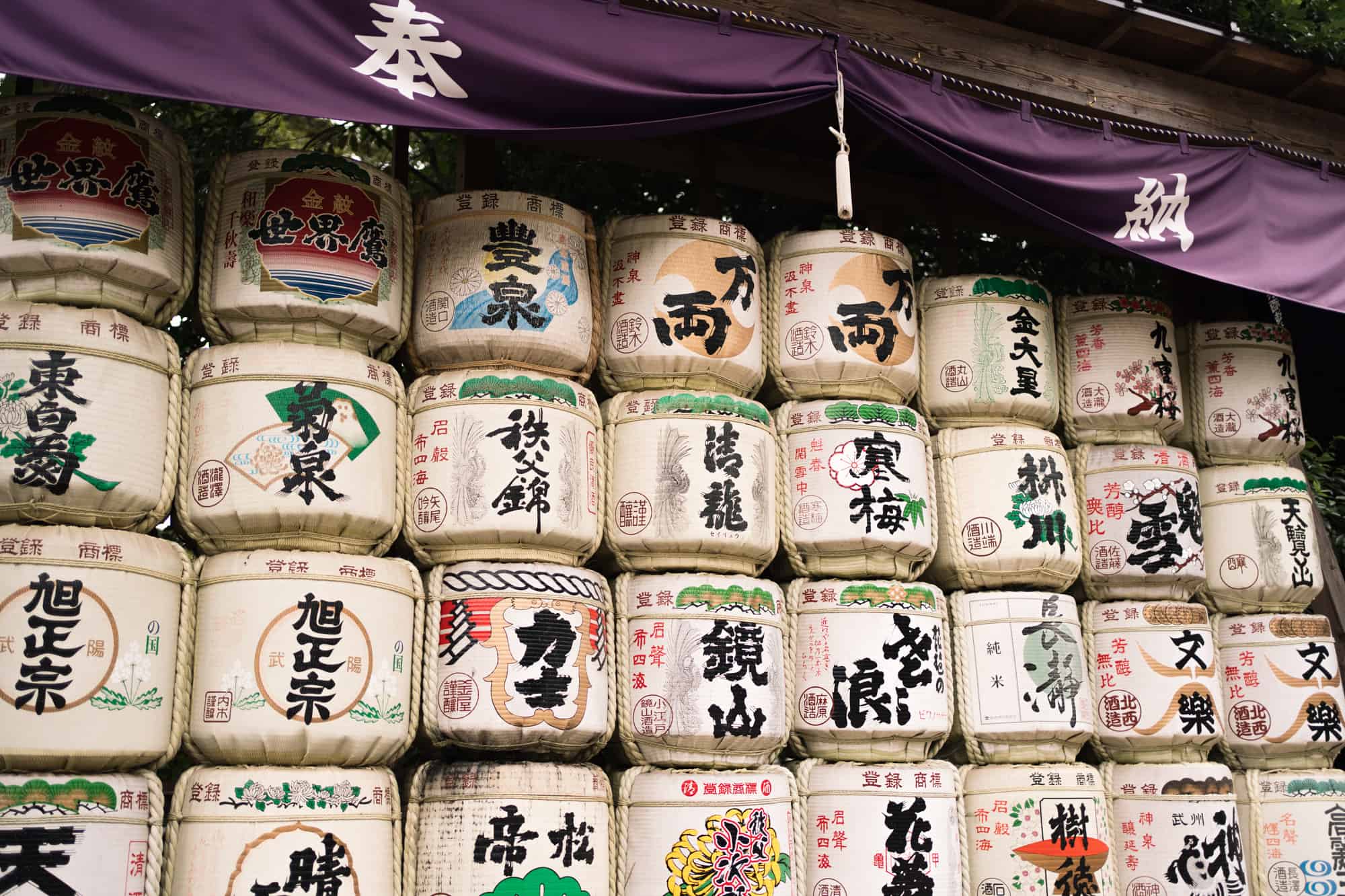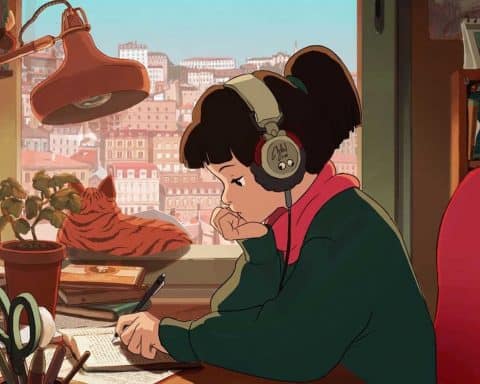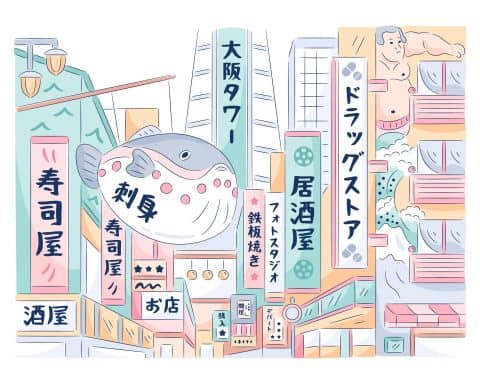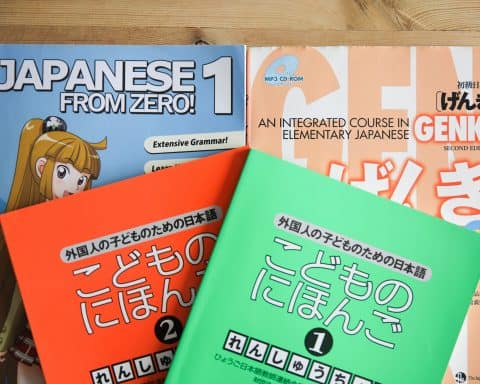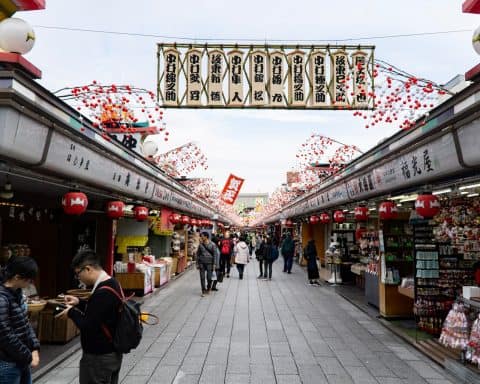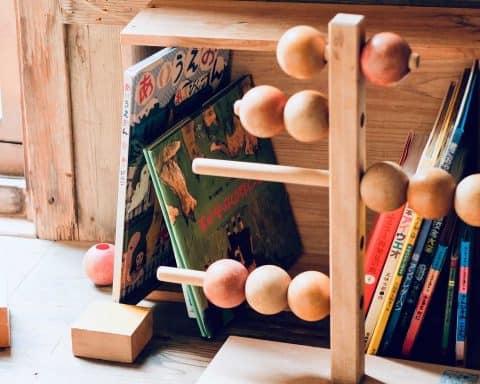We’ve all heard that you need to learn around 2,000 kanji to be considered ‘fluent’, but how close is that number to reality for people who actually live in Japan? After trying and failing to learn just 10 kanji a day, I think it’s time to find out once and for all.
As it turns out, the average Japanese adult will likely know between 2,136 characters, and 5,000. The actual number will depend on a variety of things like educational history, profession, and academic intelligence.
That said, both of those numbers fall far short of the actual number of kanji in existence. That means Japanese people do not know every single kanji character, despite what you may read online. Instead, they usually learn only those relevant to their specific field of work and lifestyle.
What is Kanji?
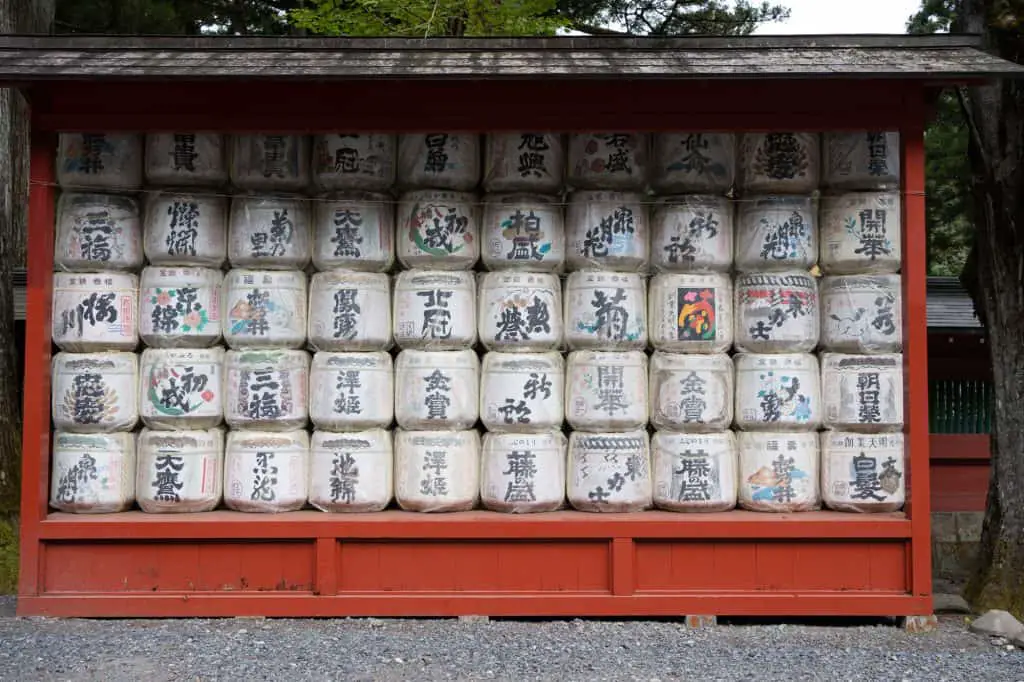
Before we delve deeper into the question “How Many Kanji Do Japanese People Know?” it’s first important to understand the history behind this ancient script. Kanji (漢字) are Chinese characters that form part of the Japanese alphabet, with the other two systems being Hiragana and Katakana. It’s by far the hardest one of the three scripts to learn and subsequently the last of the three that is taught (normally).
While Hiragana and Katakana can be learned easily, Kanji has some extremely difficult meanings and mnemonics don’t work as well.
For those who disagree, have you ever seen the Kanji for たいと? It might just be the Kanji for a type of Japanese surname, but how on earth are you supposed to remember all those strokes?
Unlike its use in the Chinese language, Kanji in Japanese is often interspersed with Katakana and Hiragana to make up complete sentences.
How Many Kanji Exist?
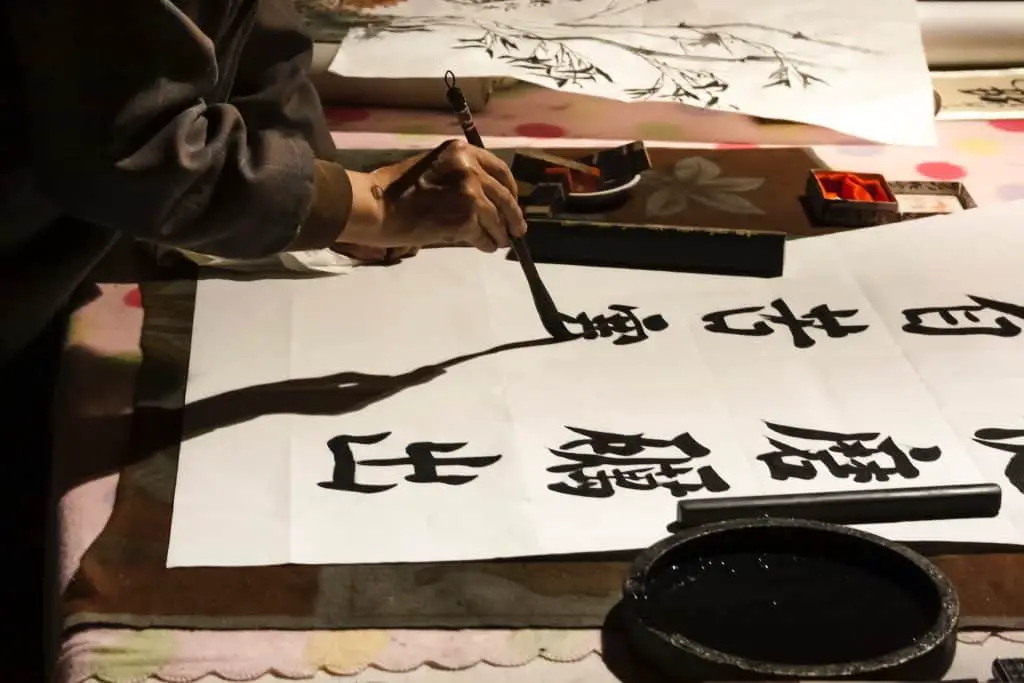
I’ve seen a lot of answers to this question, which perhaps shows just how many there actually are. But, by diving deep into many internet-based rabbit holes, I think I’ve found the answer.
The answer to this question is based on thresholds. There are actually tens of thousands of kanji, but whether you need them or not is another question. For example, the Kangxi Dictionary contains 47,035 characters but according to Chinese History: A New Manual written by Endymion Porter Wilkinson, fewer than a quarter of these are commonly used today.
However, the Zhōnghuá Zìhǎi which was put together in 1994, there are in fact 85,568 Characters. Of course, many of these characters are regional and won’t be used in the Japanese language, but it’s interesting to see the disparity between books and sources.
Jōyō kanji

jōyō kanji (常用漢字), a list of 2,136 characters announced by the Japanese Ministry of Education is there to act as a standardised baseline for literacy rates. These Kanji are split between school grades, rather than all taught at the same time which makes everything a little more achievable. This number should be considered the very minimum amount needed to understand most of what is written down
How Many Kanji do Children Learn?
Okay, so there might be tens of thousands of Japanese Kanji, but how many of those do children learn? Well, according to the Japanese Ministry of Education, children learn 1,026 during their 6 years at elementary school. After that point, a further 1,110 are taught from the years 7-12 bringing the total to the complete jōyō kanji set of 2,136.
Looking back on my time at Junior (elementary) school, I remember having a weekly spelling test with the 26 letters of the English language, so I can only imagine doing a test on over 1,000 kanji… And learning their meaning(s) in one thing, but learning the stroke order and how to write them properly? Yeah, good luck.
How Many Kanji Do Japanese Adults Know?
So technically you’ll need to learn 2,136 kanji to pass through basic education. That doesn’t mean your understanding of kanji stops there, but that’s what we can consider a minimum level of understanding before you could call yourself fluent. Even at that level, I’d use that word with caution.
You could typically expect the average Japanese citizen to know between 2,136 and 5,000 Kanji depending on their educational background, profession, and academic ability. Of course, many people fall short, and some push the bar a lot higher.
The upper limits of someone’s kanji knowledge would likely sit at around 6,000. This is the highest amount tested on level one of the Kanji Kentei and is also something only around 10% of people are able to pass.
The Kanji Game Show
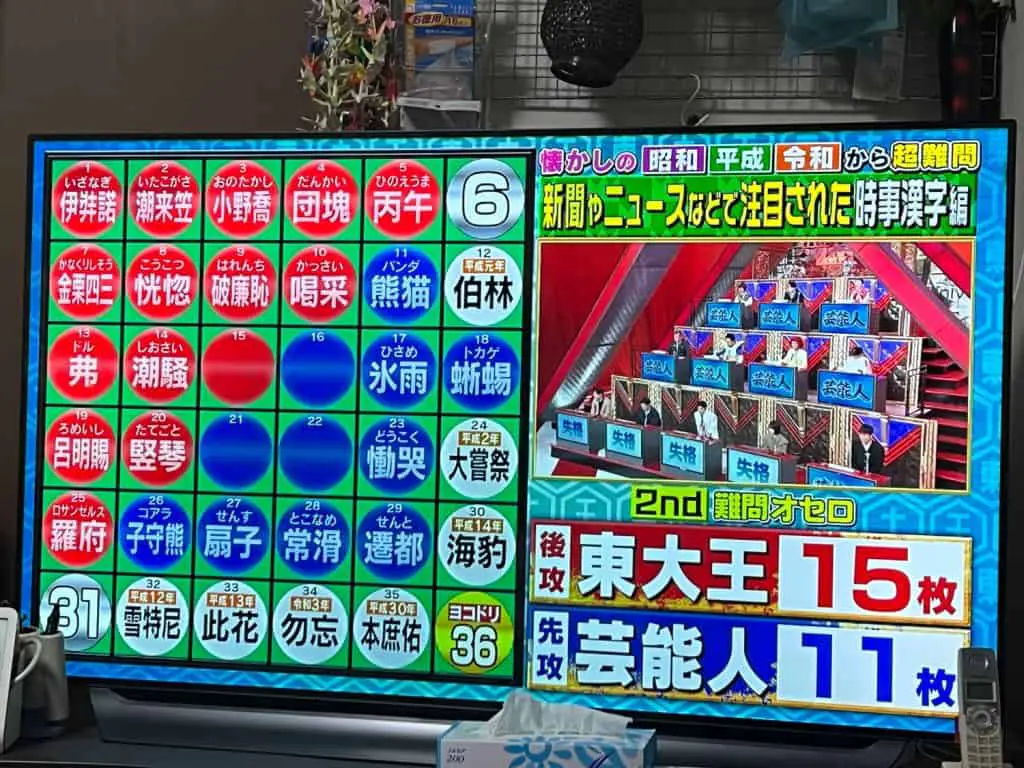
One interesting way to show you just how tricky certain kanji can be is through their use in game shows. Incidentally, this came on tv the other night and was the inspiration behind this article. Before you get too excited, this is not like the other Japanese Game shows I’ve talked about before. No pranks this time!
As far as I’m aware (and I have confirmed this with people who speak Japanese far better than I do), this is a game show called Todaioh (東大王). Students from Tokyo University (abbreviated as Todai) go up against celebrities to see who can figure out the most kanji meanings and definitions.
Each word includes a clue (written in simple kanji or by using hiragana and katakana) which is normally from that year’s news that should help each contestant with the Kanji’s overall meaning.
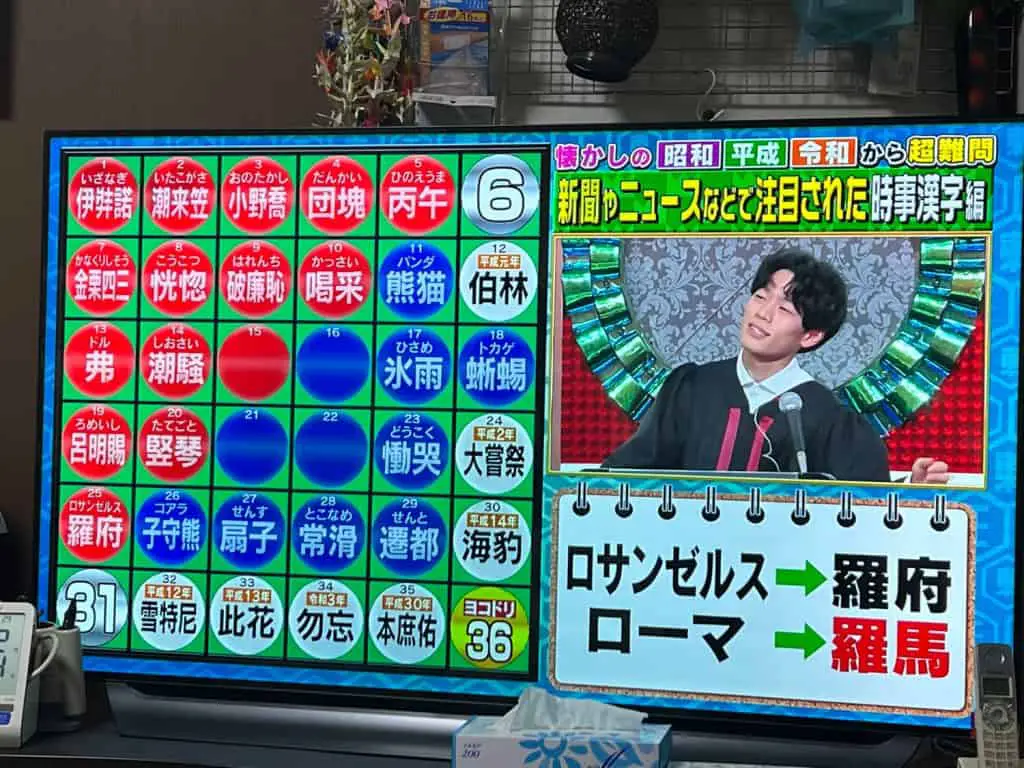
Judging by the length of this program, there were quite a few wrong answers. Of course, these aren’t any of the standard jōyō kanji, but rather characters that only get used in very specific circumstances. It wouldn’t surprise me if most of these people have never seen them before, but are instead taking educated guesses by using the particles that make up the character.
This is a slightly novel, yet solid bit of proof that confirms Japanese people do not know every kanji that exists, and I’m honestly not sure why some websites I’ve found say they do.
The simple fact is, it would be humanly impossible to learn every Kanji that exists. We simply don’t use them in everyday life and unless you’re studying or researching a particular area that requires that knowledge, it’s not something you’re likely to know.
Think of it, and the title of this article, in the same way as you would with your own language. Do you know every single word that exists in English? I mean, you might do, but I absolutely don’t. Let me know down below how many kanji you know!



